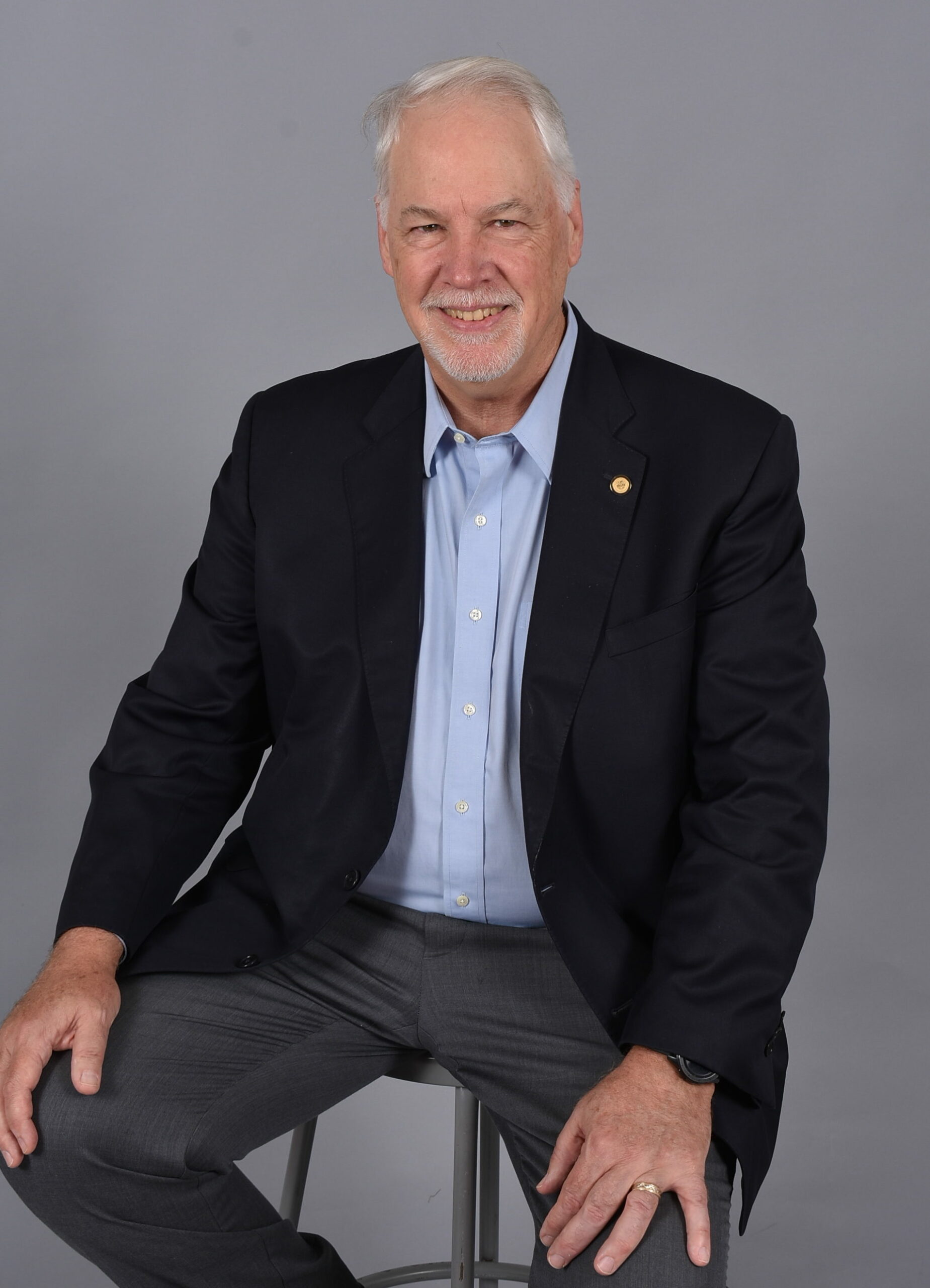
As the president of a university that under normal circumstances boasts a lively, welcoming campus, it would be hard to find a better example of irony. We are asking people to maintain a physical distance from each other at the same time that all humanity must come together in a ubiquitous and coordinated effort to fight the scourge of COVID-19.
We are still learning about how this new virus behaves; the science developed so far tells us that it is highly contagious, and we each must make extraordinary behavioral adjustments to slow it down. Stay at least six feet apart. (Or is it twelve?) Don’t touch each other. (How do I get my hair cut?) Don’t touch anything after someone else has touched it. (In other words, don’t touch anything.) Don’t touch your own face. (Have you tried that one?)
We need a social web of connectedness if we are to come through this time not only alive but sane.
Slowing down the coronavirus
Human beings are social animals. All the great achievements we take for granted—skyscrapers, highways, governments, schools, hospitals, cars and airplanes—are the constructions of collective human creativity, imagination and coordination. Asking us to separate goes against our nature. Ants are among the species that have created great societies. Imagine ants practicing social isolation; their colonies would come crashing down. Kind of like our economy since the beginning of this pandemic.
Throughout the world, we are giving a lot of attention to “social distancing” and other behaviors that would slow the communicability of the disease. These are necessary adjustments that we must not take lightly. However, when we separate ourselves from family members, co-workers, neighbors and friends, we risk psychological isolation and loneliness, an affliction that is already epidemic in our society.
Read: COVID-19: Strategies for communicating and leading with certainty
Filling the void of loneliness
At Lasell, we are doing our best to stay in constant communication with our students, faculty and staff. Our staff is participating in Zoom meetings rather than phone calls, and our professors, academic advisors and counselors have been in constant contact with students to fill this void of loneliness.
Loneliness is particularly a problem for older people, the very same people we are locking in their homes, apartments and assisted living facilities in an effort to protect them from the disease.
We need to place an equal and balancing emphasis on “social connecting.” The more we maintain a physical distance from each other, the more we need to find creative ways to support each other, to communicate with each other, and to exchange words and feelings of love and affection.
Many people are awash in fear right now: fear of catching the disease, fear of transmitting the disease to a loved one who may be vulnerable, fear of losing one’s job, or fear of the consequences of already losing the source of one’s income (like my barber who only makes money when he cuts someone else’s hair). Where are the television experts advising us how to compensate for the lack of human touch or company that helps us conquer our fears?
Read: Thousands will be out of college: What does that mean for students and institutions?
We all need to pull together in the same direction to withstand this incredible situation we are experiencing. We need a social web of connectedness if we are to come through this time not only alive but sane.
Human beings have shown the ability over and over to achieve great things when they do those things together—from hunting a woolly mammoth to landing on the moon. We can beat this thing to the extent we overcome the necessary physical distance with social connections.
Michael B. Alexander is president of Lasell University in Newton, Massachusetts.

